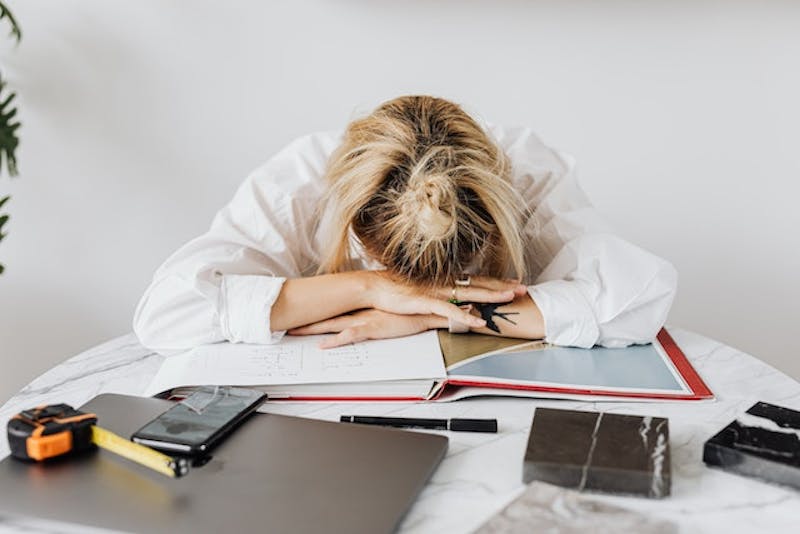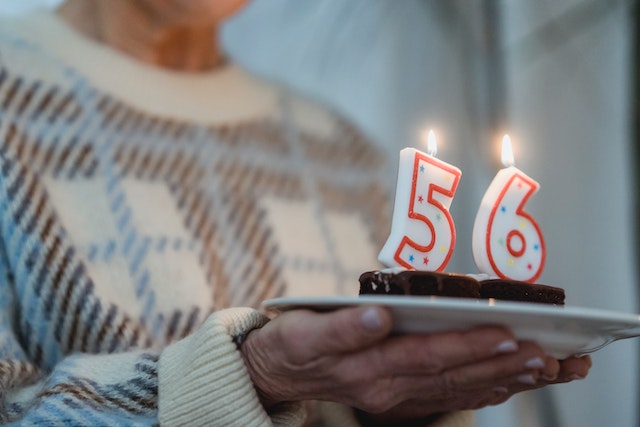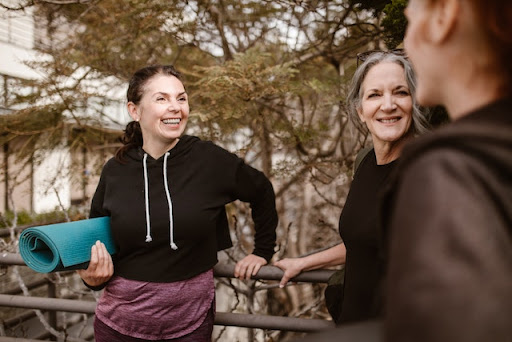
Estrogen affects everything a woman does. It is most common in reproductive and sexual health, but it also affects things like the brain and heart.
Females usually experience estrogen deficiency just before and during menopause. However, low levels of estrogen can affect younger people as well.
An estrogen deficiency can cause unpleasant symptoms. Luckily, it is treatable, so you don’t have to live with it forever.
What Is Estrogen?
Estrogen is a type of hormone found in the human body. Both males and females have estrogen, but the female body contains higher levels. Most notably, estrogen plays a huge role in sexual and reproductive development. Estrogen is primarily produced by the ovaries. But, it is also created by the adrenal glands and fat tissues.
There are three types of estrogen: estrone, estradiol, and estriol.
Estrone
Estrone is a weaker form of estrogen that doesn’t present until after menopause.
Estradiol
Estradiol is the most common form of estrogen present during the reproductive years. This is the type of estrogen that is present in both men and women.
Estriol
Estriol is the form of estrogen that increases when a woman becomes pregnant. It helps the uterus to grow in preparation for the baby. The levels of estriol peak just before the baby is born, and then lower after birth.
Progesterone
Estrogen also works alongside the hormone progesterone. Progesterone is the primary progestational steroid hormone in the reproductive system of women. It affects the menstrual cycle, the development of an embryo, and pregnancy.
Once a month, women go through ovulation where their ovaries release a single egg. The egg travels down the fallopian tube and may become fertilized if it contacts sperm.
There is also a gland called the ‘corpus luteum’. It forms from an empty ovarian follicle after ovulation. It temporarily produces progesterone. It is necessary to ensure the pregnancy takes after fertilization.
If the egg does not meet sperm, the corpus luteum will break down. So, not enough progesterone is produced to encourage the uterine wall to grow. Instead, the lining of the uterine wall sheds, leading to menstruation.
How Does Estrogen Affect Women?
In females, estrogen regulates the menstrual cycle and reproductive tract. But, it also affects the heart and blood vessels, brain, bones, skin, hair, urinary tract, breasts, mucous membranes, and pelvic muscles.
So, in other words, estrogen affects your entire life!
As females mature, their levels of estrogen increase. An increase in the hormone is what causes the appearance of body hair and breasts during puberty.
Here are the most important ways in which estrogen affects the body:
● Ovaries — promote the growth of egg follicles, and ensures reproduction
● Vagina — promote lubrication & maintain the thickness and elasticity of the vaginal wall, maintains glycogen production in the vaginal cell allowing growth of the L. acidophilus, keeping vaginal environment and bacteria in balance and protecting from infections.
● Uterus — maintains and regulates the endometrium – the mucosa that lining the uterus wall, and grows every month to ultimately shed if no pregnancy develops.
● Sexuality – maintains vaginal opening and clitoris sensitive, lubricated allowing pleasurable intercourse and orgasm
● Urinary health – keeps urethra and bladder lining healthy
● Joint health – keep joints lubricated and helps alleviate joint stiffness and pain as we age
● Skin health – keep skin moist and elastic and promotes collagen remodeling for a more youthful appearance
● Bone Health – Estrogen is an anabolic hormone that maintains and promotes development of healthy bone mass
● Mental health – mood is powerfully influenced by estrogen and the loss of Estrogen leads to irritability, anxiety and depression. Replacing estrogen can alleviate most mood issues that happen after mid 40s.
● Cognition – Estrogen supports healthy brain cells functioning, promotes mental clarity, maintains normal memory function and focus.
● Heart health – maintains flexibility of blood vessels lining, decreases inflammation which leads to plaque, has beneficial effects on cholesterol (decreases bad cholesterol and increases good cholesterol), helps metabolism and promotes healthier weight and improves insulin resistance.
What Happens When You Have Estrogen Deficiency?

It’s normal for estrogen levels to fluctuate throughout a woman’s lifetime. Levels can be affected by puberty, aging, pregnancy, menopause, obesity, medications, eating disorders, extreme exercise, and certain medical conditions.
The most common cause of estrogen deficiency is perimenopause and menopause. Perimenopause is the time when a female’s hormones begin to change, but she hasn’t yet entered menopause. Menopause occurs when menstruation has completely stopped for at least 12 months.
Low estrogen can be distressing as it can cause many unpleasant symptoms including:
● Hot flashes & night sweats — when blood rushes to the surface of the skin
● Mood swings due to shifting hormone levels
● Fatigue & trouble sleeping
● Thinning tissues — wrinkles, bladder infections, incontinence, or painful sex
Besides these annoying symptoms, low estrogen levels can cause serious health problems like:
● Osteoporosis — thinning bones which increases the risk of fractures
● Heart disease — estrogen seems to protect against heart disease
Low estrogen in younger females can delay puberty or even prevent sexual development. It can make it harder to become pregnant in the future.
What Can You Do About It?
The good news is that you don’t have to suffer from low estrogen levels forever.
Hormone Replacement Therapy
Hormone replacement therapy is a common treatment for those going through menopause. But, it can be effective for anyone suffering from estrogen deficiency. It treats the symptoms of estrogen deficiency like hot flashes, vaginal dryness, mood swings, and trouble sleeping. It can also reduce the risk of osteoporosis.
Treatment consists of taking estrogen, possibly in combination with Testosterone and progesterone. You can take it as a pill, nasal spray, skin gel, patch, pellet injection, vaginal cream, or vaginal ring, vaginal cream or tablet, vulvar cream etc.
Conclusion
Low estrogen could make your life difficult and unpleasant. Every female will experience menopause at some point in their life. Still, that doesn’t mean you have to live with the symptoms. If you want more comfort, you may want to consider trying hormone replacement therapy.

HRT Treatments in Thousand Oaks
Women in Ventura County can seek HRT at HERA Healthcare in Thousand Oaks. Dr. C will provide a comprehensive evaluation to see if hormone replacement therapy is right for you!


